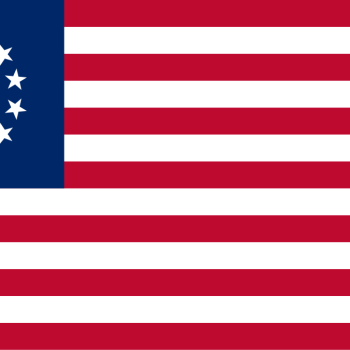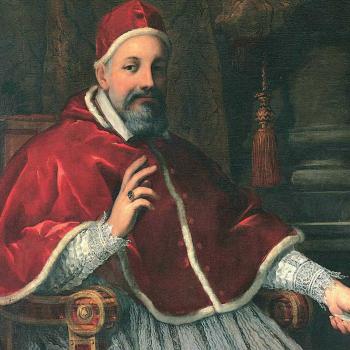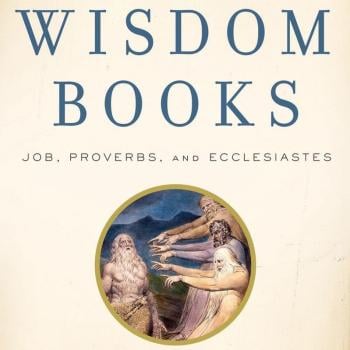‘We hold these truths to be self-evident, that all men are created equal, and that they are endowed by their Creator with certain unalienable rights, and that among these are life, liberty, and the pursuit of happiness’. What should we make of such a Declaration as this, almost 250 years later? Here are a few reflections.
It is a common assertion by conservative Christians who both love God and love America, that our country was founded by devout Christians and our foundational documents such as the Declaration of Independence, the Constitution, and the Bill of Rights reflect profound Christian values we need to recover if there is to be revival in our country. In fact, all of this is at best a half-truth.
There were some very devout Christians who helped found our country, such as Samuel Adams or perhaps George Washington and some of the Quakers such as William Penn, but there were also some Deists who did not like the miraculous aspects in the Bible— this included most crucially Thomas Jefferson (who produced a truncated version of the New Testament with the miraculous material expunged), John Adams, and certainly included Benjamin Franklin, never mind folks like Thomas Paine. It was chiefly Jefferson and Franklin that shaped the wording in the Declaration, and while they were happy to affirm a Creator God, it is very difficult to find in the Bible a list of unalienable rights, especially if they are severed from the long list of moral responsibilities of God-fearing persons. Honestly, I don’t think we should talk much about rights without having an equal emphasis on responsibilities as citizens. As well, the Bible doesn’t talk about the pursuit of happiness much less the pursuit of pleasure, it talks about the pursuit of holiness, and suggests that contentment and even happiness comes with devotion and holiness.
What the Founding Fathers were concerned with when it came to religion is that there would not be an official governmentally sponsored religion—which in their day meant they didn’t want the America government to be politically aligned with any particular Catholic or Protestant denomination. Freedom of religious affiliation was what was affirmed. This did not mean in the 18th century ‘the separation of church and state’ in the modern sense of that phrase. It meant actually the opposite of what it has come to mean now—namely the Founding Fathers wanted to protect the church from the state’s interference and dictates. They had seen too much of that in Europe and they did not want a rerun of that in America. It had led to horrible wars, destruction of church property, the execution of people like William Tyndale who dared to translate the Bible into English, and so on. The Founding Fathers were not interested in protecting the state from various Christian principles and ethics or even from the theological view that there is a Creator God. These things are indeed to some degree encoded in our founding documents.
In view of this history, and where we are today, what would a revival look like in our country, and what general religious principles and ethics, such as issues of justice and economic opportunity could be affirmed in such a revival? Would a recovery of a wide belief in the sanctity of unborn as well as born life be a part of such a revival? Would there need to be confession and a repudiation of the racisms of the past and present, which when our country was founded involve slavery, and the treating of African peoples as property, not whole persons created in the image of God? I would simply say that as John Wesley said long ago there can be no spiritual holiness without social holiness, and vice versa, and he quite specifically labeled slavery and that sort of racism as ‘the most inexorable sum of all villainies’ We need the whole Gospel for any revival of real worth to happen. Gnosticism, which involves divorcing issues of the human body from issues of the heart or soul, and divorcing social and interpersonal issues from spiritual issues, was and is a Christian heresy. One more thing— the freedom the New Testament affirms is freedom from sin, not the freedom to behave however we like sexually, socially, or otherwise.
Think about these things.
















